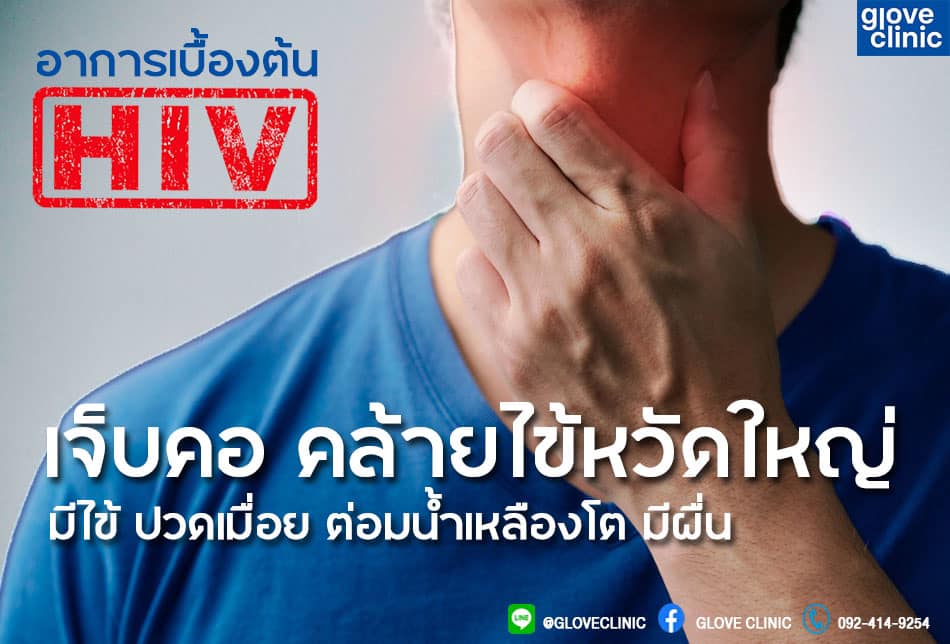294/1 Asia Building (11th Floor), Phyathai, Bangkok
ตรวจ HIV รีวิวความรู้สำหรับการตรวจเอชไอวี (HIV test)
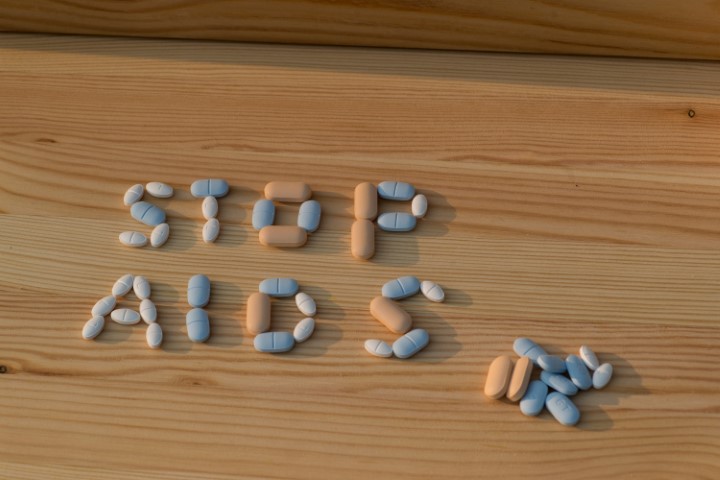
What is PEP?
PEP stands for post-exposure prophylaxis. The word “prophylaxis” means to prevent or control the spread of an infection or disease. PEP means taking HIV medicines within 72 hours after a possible exposure to HIV to prevent becoming infected with HIV.
PEP should be used only in emergency situations. It is not meant for regular use by people who may be exposed to HIV frequently. PEP is not intended to replace regular use of other HIV prevention methods, such as consistent use of condoms during sex or pre-exposure prophylaxis (PrEP). PrEP is when people at high risk for HIV take a specific HIV medicine daily to prevent getting HIV.
Who should consider taking PEP?
If you think you were recently exposed to HIV, contact your health care provider immediately or go to an emergency room right away. You may be prescribed PEP if you are HIV negative or don’t know your HIV status, and in the last 72 hours you:
– Think you may have been exposed to HIV during sex
– Shared needles or drug preparation equipment (works)
– Were sexually assaulted
Your health care provider or emergency room doctor will help to decide whether PEP is right for you. In addition, PEP may be prescribed for a health care worker following a possible exposure to HIV at work, for example, from a needlestick injury.
When should PEP be started?
PEP must be started within 72 hours (3 days) after a possible exposure to HIV. The sooner you start PEP after a possible HIV exposure, the better. According to research, PEP will most likely not prevent HIV infection if it is started more than 72 hours after a person is exposed to HIV.
How long is PEP taken for?
If you are prescribed PEP, you will need to take the HIV medicines every day for 28 days. You will need to return to your health care provider at certain times while taking PEP and after you finish taking PEP for HIV testing and other tests.
What HIV medicines are used for PEP?
The Centers for Disease Control and Prevention (CDC) provides guidelines on recommended HIV medicines for PEP. The CDC guidelines include recommendations for specific groups of people, including adults and adolescents, children, pregnant women, and people with kidney problems.
Your health care provider or emergency room doctor will work with you to determine which medicines to take for PEP.
How well does PEP work?
PEP is effective in preventing HIV infection when it’s taken correctly, but it’s not 100% effective. The sooner you start PEP after a possible HIV exposure, the better. While taking PEP, it’s important to keep using other HIV prevention methods, such as using condoms with sex partners and using only new, sterile needles when injecting drugs.
Does PEP cause side effects?
The HIV medicines used for PEP may cause side effects in some people. The side effects can be treated and aren’t life-threatening. If you are taking PEP, talk to your health care provider if you have any side effect that bothers you or that does not go away.
PEP medicines may also interact with other medicines that a person is taking (called a drug interaction). Because of potential drug interactions, it’s important to tell your health care provider about any other medicines that you take.
Reference : https://aidsinfo.nih.gov/understanding-hiv-aids/fact-sheets/20/87/post-exposure-prophylaxis–pep-
Make Appointment





Relate content :
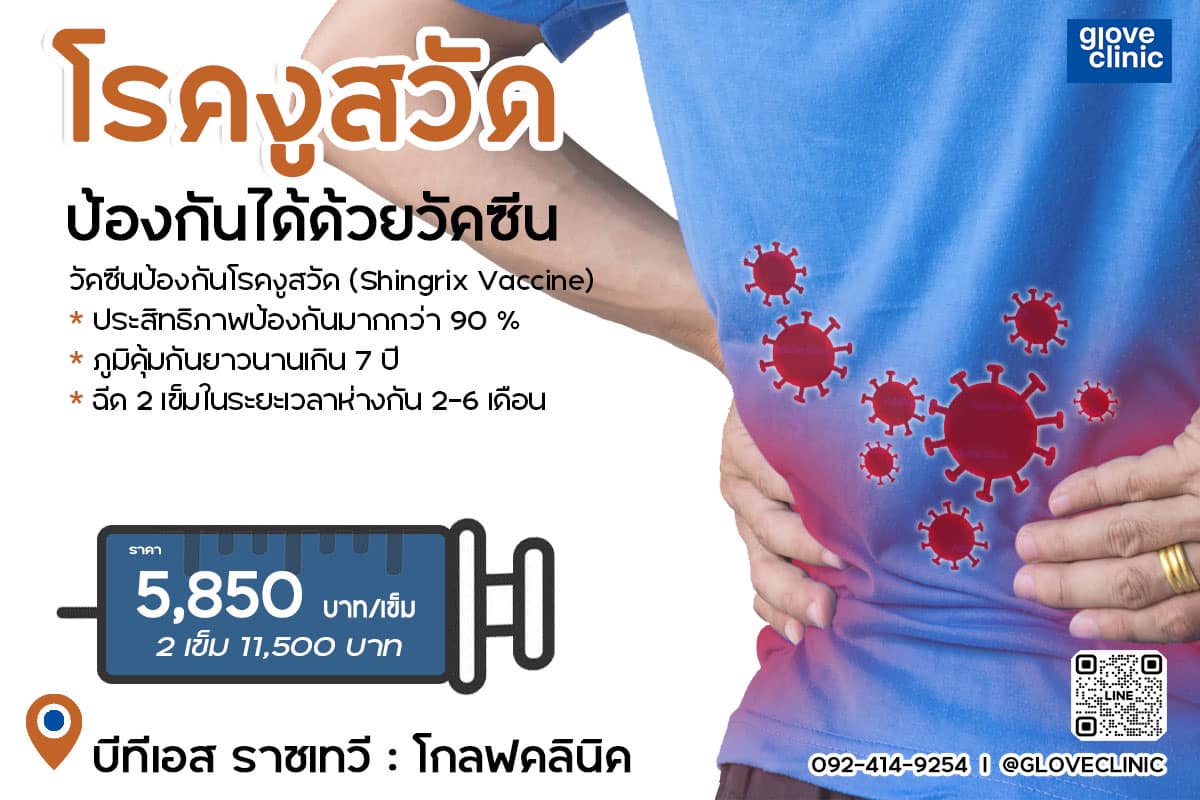
ฉีดวัคซีนงูสวัดที่ glove clinic
งูสวัดคือไวรัสชนิดหนึ่ง (Herpes zoster) ซึ่งเป็นเชื้อไวรัสตัวเดียวกันกับอีสุกอีใส (Varicella zoster) เมื่อเราติดเชื้อไวรัสอีสุกใสในวัยเด็กแล้ว ไวรัสสามารถที่จะหลบซ่อนได้ในร่างกายเป็นเวลานานหลายปี จนกระทั่งเมื่อร่างกายอ่อนแอ ไวรัสนั้นจึงออกมาทำให้เกิดอาการตุ่มน้ำใส ปวดแสบร้อนตามบริเวณที่เส้นประสาทต่าง ๆ ของร่างกายซึ่งเรียกกันว่างูสวัด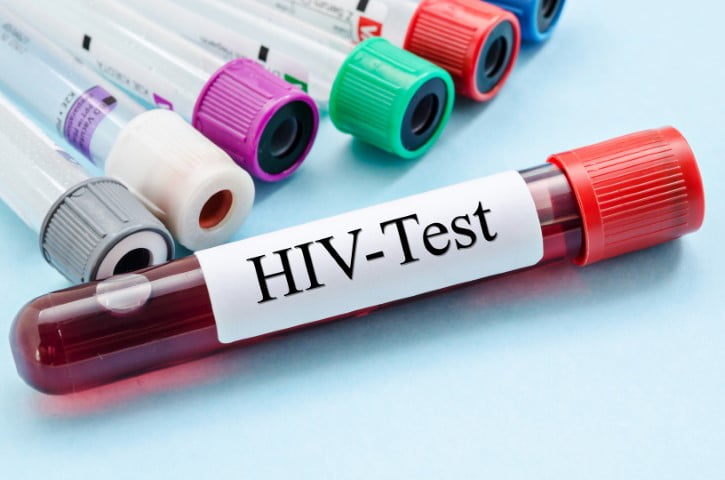
ตรวจ HIV รีวิวความรู้สำหรับการตรวจเอชไอวี (HIV test)
เอชไอวีคือไวรัสที่สามารถติดต่อได้จากการมีเพศสัมพันธ์, การใช้เข็มฉีดยาร่วมกัน, และการติดจากแม่สู่ลูก เมื่อติดเชื้อไวรัส HIV ไวรัสจะทำให้ภูมิคุ้มกันของร่างกายอ่อนแอลง และติดเชื้อโรคอื่น ๆ ได้ง่าย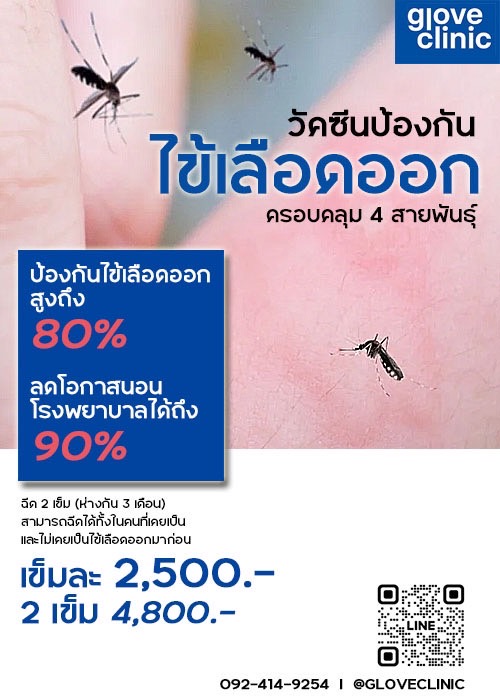
ปีนี้มีคนไข้ป่วยด้วยไข้เลือดออกมากกว่า 2-3 ปีที่ผ่านมา
เนื่องจากว่าผู้คนกลับมาใช้ชีวิตปกติ มีการเดินทาง จึงพบการระบาดมากขึ้น โดยจากสถิติของกรมควบคุมโรคพบว่ามีผู้ป่วยด้วยไข้เลือดออกในประเทศไทยเกินกว่า 60,000 รายไปแล้วทั้งปี 2566 ไข้เลือดออกเป็นโรคที่ก่อให้เกิดความรุนแรงได้ทั้งในเด็กและผู้ใหญ่ โดยเฉพาะอย่างยิ่งในคนที่เป็นซ้ำครั้งที่ 2 จะมีโอกาสเกิดภาวะช๊อคและเสียชีวิตได้มากขึ้น (โอกาสเสียชีวิตอยู่ราว ๆ 1:1,000) วัคซีนไข้เลือดออกรุ่นใหม่สามารถครอบคลุมได้ทั้ง 4 สายพันธุ์และทั้งนี้ผลการศึกษาพบว่าช่วยป้องกันการติดเชื้อได้ถึง 80% และลดโอกาสการนอนโรงพยาบาลได้ถึง 90% นอกจากนี้ยังสามารถฉีดได้ทั้งในคนที่เคยและไม่เคยเป็นไข้เลือดออกมาก่อน (วัคซีนไข้เลือดออกรุ่นเก่าไม่ควรฉีดในคนที่ยังไม่เคยเป็นไข้เลือดออก) สอบถามข้อมูลเพิ่มเติมเรื่องวัคซีนไข้เลือดออกได้ที่ 092-414-9254, Line Official @gloveclinic (มีแอดข้างหน้า)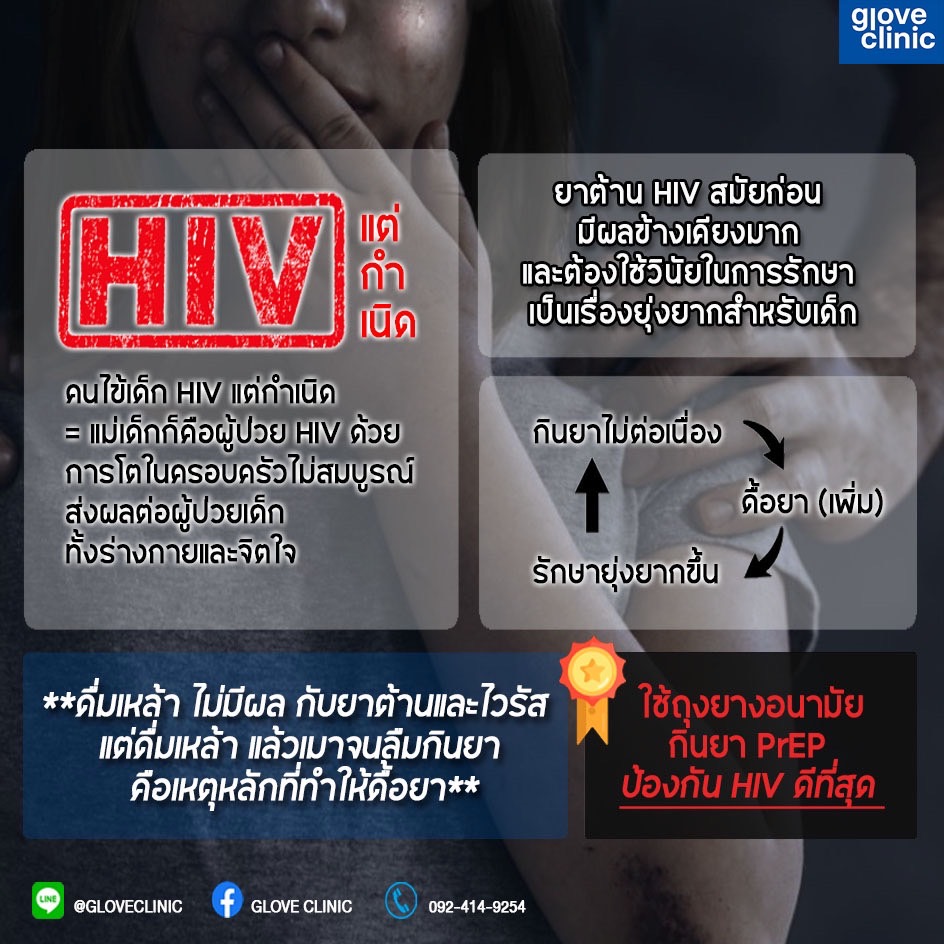
HIV แต่กำเนิด
ประเด็นร้อนที่ได้รับการพูดถึงอย่างมากในโลกออนไลน์ที่มีข้อความของนักศึกษาหญิงเปิดเผยว่าตัวเธอเองได้มีเพศสัมพันธ์แบบ one night stand เวลาไปเที่ยวกลางคืนบ่อยครั้ง และได้บอกความจริงว่าเธอเองมีเชื้อ HIV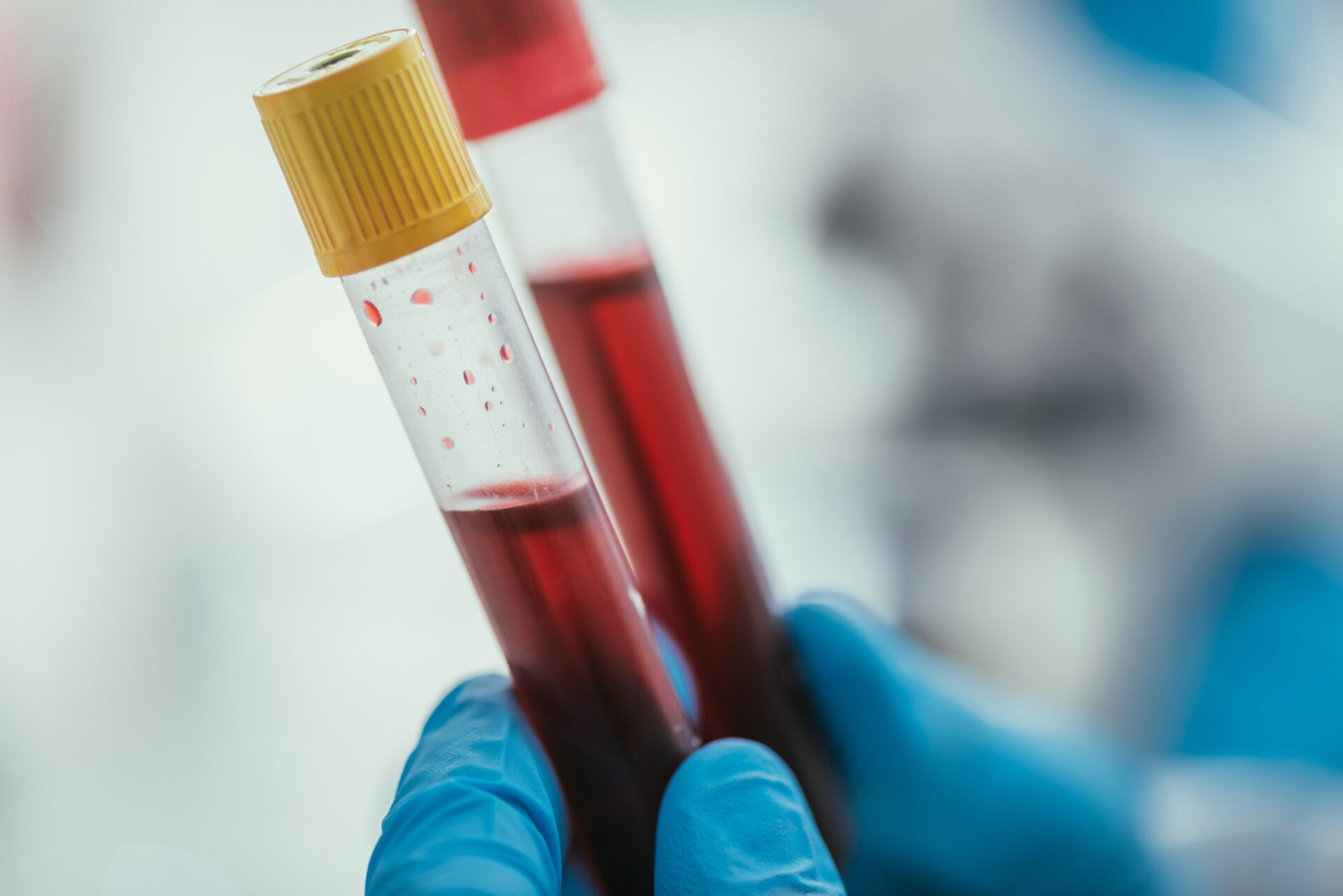
อาการของเอดส์เป็นอย่างไร ทำความรู้จักกับเอดส์
เอดส์ คืออะไร แท้จริงแล้วเอดส์ไม่ใช่โรค หากแต่คือระยะสุดท้ายของการติดเชื้อ HIV ซึ่ง HIV นั่นเองคือไวรัสที่ทำลายภูมิคุ้มกันของร่างกาย โดยเซลล์หลักที่ถูกเล่นงานโดยไวรัสก็คือเม็ดเลือดขาว CD4 ซึ่งเป็นเซลล์ที่บัญชาการระบบภูมิคุ้มกันของร่างกาย ซึ่งเอดส์ในภาษาอังกฤษก็คือ AIDS ย่อมาจาก Acquired immunodeficiency syndrome กำเนิดของการเรียกชื่อว่าเอดส์ เดือนมิถุนายน ค.ศ. 1981 ในวารสารของกรมควบคุมโรค ประเทศสหรัฐอเมริกาได้รายงานว่ามีเกย์หนุ่ม 5 คนมีอาการปอดอักเสบจากเชื้อรา และได้รับการรักษาในโรงพยาบาลที่ Los Angeles โดย 2 รายเสียชีวิต และนอกจากนี้ทั้ง 5 คนยังพบการติดเชื้อไวรัส CMV และมีเชื้อราในช่องปากร่วมด้วย ซึ่งเชื้อต่าง ๆ ที่เล่ามานั้นมักเจอในผู้ป่วยที่มีภูมิคุ้มกันบกพร่อง ในขณะนั้นโลกยังไม่ได้รู้จักกับไวรัส HIV ว่าเป็นสาเหตุตั้งต้นของสิ่งที่เกิดขึ้น การเรียกภาวะนี้ในยุคแรกจึงได้เรียกว่า AIDS หรือ “เอดส์” ซึ่งย่อมาจาก acquired immunodeficiency syndrome อาการของเอดส์แตกต่างกับ HIV ยังไง เอดส์คือชื่อระยะที่ 3…